

Articles
How To Buy Gravel For Driveway
Modified: August 22, 2024
Learn how to purchase the right type and quantity of gravel for your driveway. Browse our informative articles to make an informed decision.
(Many of the links in this article redirect to a specific reviewed product. Your purchase of these products through affiliate links helps to generate commission for Storables.com, at no extra cost. Learn more)
Introduction
When it comes to enhancing the curb appeal and functionality of your property, few things can make as big of an impact as a well-maintained driveway. And one of the key components of a durable and attractive driveway is gravel. Whether you’re building a new driveway or looking to revamp your existing one, buying the right type of gravel is crucial for achieving the desired results.
However, with so many options available, it can be overwhelming to choose the right gravel for your driveway. Factors such as size, color, grade, and quality all play a role in determining the suitability of the gravel for your specific needs. In this article, we will guide you through the process of buying gravel for your driveway, ensuring that you make an informed decision that will stand the test of time.
Before rushing to make a purchase, there are several factors that you should carefully consider. These factors will help you narrow down your options and ensure that you choose a gravel that meets your requirements and complements the overall aesthetics of your property.
One important factor to consider is the climate in your area. Different types of gravel perform differently in various climates, so it’s essential to select gravel that is well-suited to your region’s weather conditions. For example, if you live in an area that experiences heavy rainfall, you may want to opt for larger-sized gravel that helps with drainage and prevents erosion.
Another factor to keep in mind is the purpose of your driveway. Is it primarily for parking cars or does it need to accommodate heavier loads, such as RVs or construction equipment? The level of traffic and the weight-bearing capacity you require will influence the type and size of gravel you should choose.
Additionally, it’s essential to consider the aesthetic aspects of your driveway. Gravel comes in a variety of colors and textures, so take the time to think about how you want your driveway to look. Darker-colored gravel such as gray or black can provide a sleek and modern appearance, while lighter-colored gravel like tan or beige can create a more rustic and natural look.
Key Takeaways:
- Choosing the right gravel for your driveway involves considering factors such as size, drainage, grade, and quality to ensure durability and visual appeal that complements your property’s aesthetics.
- Prioritize functionality and aesthetics when buying gravel for your driveway, and explore various purchasing options such as local suppliers, home improvement stores, online retailers, and local quarries to make an informed decision.
Read more: Where To Buy Driveway Gravel Near Me
Factors to Consider Before Buying Gravel
Before making a purchase, there are several key factors that you should consider to ensure that you choose the right gravel for your driveway:
- Size and Thickness: The size of the gravel is an important consideration as it will affect the overall look and feel of your driveway. Small or fine gravel, commonly known as pea gravel, provides a smoother surface but may not be as durable for heavy traffic. Larger gravel, often referred to as crushed stone, offers better traction and durability but may not provide as refined of a look.
- Drainage and Erosion: The ability of the gravel to drain excess water is another crucial factor to consider. Poorly draining gravel can lead to puddles and standing water, which can be problematic for vehicles and cause erosion over time. Ensure that the gravel you choose has good drainage properties to prevent these issues.
- Binding Agent: Some types of gravel require a binding agent to help the stones adhere and stay in place. This is especially important if you have steep slopes, as it will prevent the gravel from shifting or washing away. Consider using a binding agent such as gravel stabilizers or geotextile fabric to enhance the stability of your driveway.
- Maintenance and Longevity: Different types of gravel require varying levels of maintenance. Some gravel may need periodic regrading or replenishing to keep the surface even and attractive. Consider the maintenance requirements of the gravel you choose and ensure that it aligns with your desired level of upkeep.
- Cost: Gravel prices can vary significantly depending on factors such as the type, size, and quantity needed. Consider your budget and weigh it against the desired characteristics and quality of the gravel. It’s important to strike a balance between affordability and long-term value.
- Local Regulations: Be sure to check local regulations and restrictions regarding the use of gravel for driveways. Some areas have specific requirements for driveway materials and may require permits or inspections. Familiarize yourself with the rules to avoid any non-compliance issues later on.
Taking these factors into account will help you make an informed decision and choose the gravel that best meets your needs. Additionally, consulting with a reputable supplier or seeking advice from an experienced professional can provide valuable insights to ensure you select the most suitable gravel for your driveway.
Determining the Amount of Gravel Needed
Before purchasing gravel for your driveway, it’s essential to accurately determine the amount of gravel you will need. This will help you avoid running out of gravel during the project or ending up with excess materials that go to waste. Here are some steps to help you calculate the required amount:
- Measure the Area: Start by measuring the length and width of your driveway in feet. Multiply these measurements to calculate the total square footage. For example, if your driveway is 20 feet wide and 40 feet long, the total area would be 800 square feet.
- Consider Depth: Next, decide on the desired depth of the gravel layer. The depth can vary depending on your specific needs and preferences, but it’s typically recommended to have a minimum depth of 3-4 inches for residential driveways. Convert the desired depth to feet if necessary.
- Calculate the Volume: Multiply the total square footage by the depth in feet to calculate the volume in cubic feet. Using the example above, if the desired depth is 3 inches (0.25 feet), the volume of gravel needed would be 800 x 0.25 = 200 cubic feet.
- Convert to Cubic Yards: Typically, gravel is sold by the cubic yard. To convert the volume from cubic feet to cubic yards, divide the volume by 27 (since there are 27 cubic feet in a cubic yard). Using the example above, 200 cubic feet would be equivalent to approximately 7.4 cubic yards (200 / 27).
Keep in mind that these calculations provide an estimate and may not account for irregular shapes or slopes. It’s always a good idea to add a little extra to account for any variations and ensure that you have enough gravel to complete the project.
If you’re unsure about the calculations or need assistance, consult with a gravel supplier or seek advice from a professional. They can help you determine the exact amount of gravel you’ll need based on your specific driveway dimensions and requirements.
Types of Gravel for Driveways
When it comes to choosing gravel for your driveway, there are several types available, each with its own unique characteristics. Understanding the different types of gravel can help you select the one that best suits your needs:
- Crushed Stone: Crushed stone is a popular choice for driveways due to its durability and versatility. It is made by breaking down larger rocks into smaller fragments and comes in a variety of sizes and colors. Crushed stone provides excellent drainage and stability, making it suitable for areas with heavy traffic or where erosion control is necessary.
- Pea Gravel: Pea gravel, also known as pea stone, is a smooth and rounded gravel that is smaller in size compared to crushed stone. It is often used for decorative purposes due to its attractive appearance and is ideal for driveways where a more refined look is desired. However, pea gravel may not be as suitable for high-traffic areas as the stones are smaller and may shift more easily.
- Gravel Mix: Gravel mix, also known as gravel with fines, consists of a combination of crushed stone and fine particles. This type of gravel provides a more compact surface and is often used for driveways that require a solid base. The fines in the mix help the gravel bind together, resulting in enhanced stability and reduced shifting.
- Marble Chips: Marble chips are a luxurious and decorative option for driveways. These small, polished stones are available in various colors such as white, pink, and gray, adding an elegant touch to your driveway. However, keep in mind that marble chips may not be as durable as other types of gravel and may require more frequent maintenance.
- Shell Gravel: If you’re looking for a unique and eco-friendly option, shell gravel can be an excellent choice. Made from crushed seashells, this type of gravel offers a natural and beachy look to your driveway. Shell gravel is porous and provides good drainage, but it may not be as suitable for heavy traffic areas where the shells may break down over time.
These are just a few examples of the types of gravel commonly used for driveways. The best choice will depend on your specific needs, preferences, and budget. Before making a decision, consider factors such as the climate in your area, the level of traffic on your driveway, and the desired aesthetic appeal.
Consulting with a gravel supplier or seeking advice from professionals can also help you narrow down your options and select the most suitable type of gravel for your driveway. They can provide valuable insights based on their experience and knowledge of local conditions and regulations.
Choosing the Right Size of Gravel
When it comes to gravel for driveways, selecting the right size is crucial for both functionality and aesthetics. The size of the gravel will affect the stability, appearance, and performance of your driveway. Here are some factors to consider when choosing the size of gravel:
- Functionality: The intended use of your driveway is an essential consideration when selecting the size of gravel. If your driveway will primarily be used for parking cars, a smaller size gravel, such as pea gravel or crushed stone ranging from ¼ to ½ inch in diameter, may be suitable. It provides a smooth surface for vehicles and is comfortable to walk on. However, for driveways that need to accommodate heavier loads, such as RVs or construction equipment, larger-sized gravel is recommended for better stability and weight-bearing capacity.
- Drainage and Erosion Control: The size of gravel can significantly impact the drainage capabilities of your driveway. If you live in an area with heavy rainfall or poor drainage, choosing larger-sized gravel can help prevent water from pooling on the surface and causing erosion. Coarser gravel with sizes ranging from ¾ to 2 inches provides better drainage and is more resistant to erosion compared to finer gravel.
- Aesthetics: The size of gravel also plays a crucial role in the overall appearance of your driveway. Smaller-sized gravel, such as pea gravel or crushed stone ranging from ¼ to ½ inch, can create a smoother and more refined look, ideal for driveways that aim for a clean and polished aesthetic. On the other hand, larger-sized gravel, like crushed stone ranging from ¾ to 2 inches, can provide a more rustic and natural appearance, perfect for driveways that blend seamlessly into a landscape or countryside setting.
- Local Regulations: It is essential to check local regulations and restrictions regarding the size of gravel allowed for driveways. Some areas may have specific guidelines on the maximum size of gravel permitted due to potential issues such as excessive dust or difficulty in snow removal. Familiarize yourself with any applicable regulations to ensure compliance and avoid any penalties or conflicts with local authorities.
Consider your specific needs, climate, and aesthetic preferences when choosing the size of gravel for your driveway. Consulting with a gravel supplier or seeking advice from professionals can also help you make an informed decision. They can provide recommendations based on their experience and expertise, taking into account factors such as the level of traffic, local conditions, and the desired appearance of your driveway.
When buying gravel for a driveway, consider the size and type of gravel that will best suit your needs. Larger gravel is better for stability, while smaller gravel provides a smoother surface.
Read more: How To Maintain Gravel Driveway
Understanding Gravel Grades and Quality
When purchasing gravel for your driveway, it’s vital to understand the different grades and quality variations available. The grade and quality of gravel will impact its performance, durability, and overall value for your driveway project. Here’s what you need to know:
- Gravel Grades: Gravel is typically categorized into different grades, each representing a specific size range. The grading system may differ slightly between suppliers, but it generally includes terms such as coarse, fine, base, and subbase. Coarse gravel consists of larger-sized stones, while fine gravel contains smaller-sized particles. Base and subbase grades are commonly used for building a stable foundation for the driveway.
- Quality Considerations: In addition to grades, considering the quality of gravel is crucial. The quality can vary based on factors such as the source of the gravel, the presence of impurities, and the manufacturing process. High-quality gravel generally has consistent size and shape, minimal fines (small particles), and low moisture content. It should be free from organic matter, clay, or other contaminants that can affect its performance and durability.
- Durability: The durability of the gravel is an important aspect to consider, especially for driveways with heavy traffic or vehicles with high loads. Durable gravel will be able to withstand frequent use without significant wear or deformation. Opting for a higher-quality gravel ensures better strength and durability over time, minimizing the need for frequent repairs or replacements.
- Longevity: The longevity of your driveway depends on the quality of the gravel used. Higher-quality gravel will maintain its integrity and appearance for a longer period. It’s worth investing in gravel that is known for its longevity, as it will save you time and money in the long run, reducing the need for frequent maintenance or replacement.
- Testing and Certifications: Reputable gravel suppliers often conduct tests and adhere to industry standards to ensure the quality of their products. Look for suppliers that provide certifications or specifications regarding their gravel, as these can give you peace of mind about the quality you’re purchasing. Examples of certifications include ASTM (American Society for Testing and Materials) standards or specific quality control measures implemented by the supplier.
When purchasing gravel, make sure to inquire about the grades and quality of the product. Ask the supplier for information on testing, certifications, or any other quality assurance measures they have in place. It’s also helpful to consult with professionals or seek advice from experienced contractors to ensure you choose gravel that meets the required grades and quality standards for your driveway project.
Remember, selecting high-quality gravel is an investment in the longevity and performance of your driveway. It ensures a solid foundation, minimizes maintenance needs, and contributes to the overall aesthetics of your property.
Where to Buy Gravel for Driveway
When it comes to purchasing gravel for your driveway, there are several options available to consider. Here are some of the common places where you can buy gravel:
- Local Gravel Suppliers: One of the most convenient options is to purchase gravel from local suppliers. These suppliers specialize in providing various types of gravel and can offer expert advice based on your specific needs. Local suppliers often have a selection of gravel grades and sizes to choose from, and they can help you determine the right type for your driveway. Visiting their location allows you to see and assess the quality of the gravel before making a purchase.
- Home Improvement Stores: Many home improvement stores also carry a range of gravel options suitable for driveways. Stores like Home Depot, Lowe’s, and Ace Hardware may have gravel available for purchase. While they may not have as extensive a selection as specialized gravel suppliers, they can still offer a variety of options to choose from, along with the convenience of being widely accessible.
- Online Retailers: The internet offers a convenient way to explore and purchase gravel for your driveway. Numerous online retailers specialize in gravel and other landscaping materials. They provide detailed product descriptions, photographs, and customer reviews to help you make an informed decision. Keep in mind that buying online may involve delivery fees and additional considerations, such as estimating the correct amount of gravel needed.
- Local Quarries: In areas with abundant natural resources, local quarries can be an excellent source of gravel for driveways. Quarry gravel is often available at competitive prices, and you can typically purchase it in bulk quantities. Visiting a quarry allows you to assess the quality of the gravel firsthand and discuss your specific requirements with knowledgeable staff.
- Contractors and Landscapers: If you’re working with a contractor or landscaper for your driveway project, they may be able to source and provide the gravel for you. Contractors often have established relationships with suppliers and can help ensure that you get the right type and quantity of gravel for your driveway. They can handle the ordering and delivery process, saving you time and effort.
Regardless of where you choose to buy your gravel, it’s important to do some research and ask questions to ensure that you’re getting a high-quality product. Consider factors such as the reputation of the supplier, their range of available options, pricing, and delivery options. Compare prices and services from different sources to make an informed decision that meets your expectations and budget.
Remember, buying gravel from a trusted supplier increases the likelihood of obtaining gravel that aligns with your specific requirements, ensuring a successful driveway project.
Tips for Buying Gravel
Buying gravel for your driveway can be a significant decision that impacts the functionality and appearance of your property. To help you make an informed purchase, here are some valuable tips to consider:
- Research and Compare: Take the time to research and compare different types of gravel, grades, sizes, and prices. Consider your specific needs, such as the climate, desired aesthetics, and level of traffic on your driveway. By comparing options from multiple suppliers, you can ensure you’re getting the best gravel for your particular project.
- Consult with Experts: Seek advice from professionals such as contractors or landscapers who have experience with driveway construction. They can provide valuable insights, recommend suitable gravel options, and help you calculate the amount needed. Their expertise can guide you in making the right decision regarding the type and size of gravel for your driveway.
- Inspect the Gravel: If possible, visit the supplier or ask for samples to inspect the gravel’s quality before making a purchase. Look for consistent size, minimal fines, and absence of contaminants. High-quality gravel should be free from organic matter, clay, or excessive moisture. By visually assessing the gravel, you can ensure that you’re getting a product that meets your standards.
- Consider Delivery Options: If you’re purchasing a large quantity of gravel, consider the logistics of delivery. Some suppliers offer delivery services, which can save you time and effort. Ensure that the delivery process is smooth and convenient, and inquire about any additional charges or requirements for delivery.
- Ask About Warranties or Guarantees: Inquire about any warranties or guarantees offered by the supplier. This can provide you with peace of mind and assurance that the gravel is of good quality and will perform as expected. Understanding the supplier’s policies regarding returns, exchanges, or refunds is also important.
- Calculate Accurately: Take accurate measurements of your driveway and calculate the amount of gravel needed. Keep in mind factors such as the desired depth and any slopes or irregularities. It’s better to slightly overestimate the quantity needed to account for variations and avoid running out of gravel during the project.
- Consider Long-Term Value: While price is an important factor, consider the long-term value of the gravel you’re purchasing. Investing in higher-quality gravel, even if it comes at a slightly higher cost, can lead to better durability, less maintenance, and a longer lifespan for your driveway. Consider the balance between affordability and long-term value when making your decision.
- Read Reviews: If you’re purchasing gravel online or from a supplier with customer reviews, take the time to read them. Reviews can provide valuable insights into the quality of the gravel, the supplier’s customer service, and the overall satisfaction of previous customers. Consider both positive and negative reviews to get a well-rounded perspective.
By following these tips, you can make a well-informed and confident decision when buying gravel for your driveway. Remember to prioritize your specific needs, quality, and long-term value to ensure a successful and satisfactory outcome for your driveway project.
Conclusion
Choosing the right gravel for your driveway is crucial for creating a durable, functional, and visually appealing entrance to your property. By considering factors such as size, drainage, grade, and quality, you can make an informed decision that meets your specific needs and budget.
Prioritize functionality by selecting a gravel size that can withstand the level of traffic and weight-bearing requirements of your driveway. Balance aesthetics with practicality by choosing a gravel color and texture that complements the overall look of your property.
Understanding the different gravel grades and quality variations is essential for ensuring the longevity and durability of your driveway. Opt for high-quality gravel that is free from impurities and meets industry standards to minimize maintenance needs and maximize the lifespan of your driveway.
When it’s time to purchase gravel, explore various options available from local suppliers, home improvement stores, online retailers, or even local quarries. Take the time to research, compare prices, and consult with professionals to ensure that you’re making the best choice.
Remember to calculate the accurate amount of gravel needed, consider delivery options, and inquire about any warranties or guarantees offered by the supplier. Reading customer reviews can provide additional insights and help you make an informed decision.
In conclusion, buying gravel for your driveway requires careful consideration of various factors. By weighing functionality, aesthetics, quality, and value, you can confidently select the right gravel to create a beautiful and long-lasting driveway that enhances the curb appeal and functionality of your property.
Frequently Asked Questions about How To Buy Gravel For Driveway
Was this page helpful?
At Storables.com, we guarantee accurate and reliable information. Our content, validated by Expert Board Contributors, is crafted following stringent Editorial Policies. We're committed to providing you with well-researched, expert-backed insights for all your informational needs.
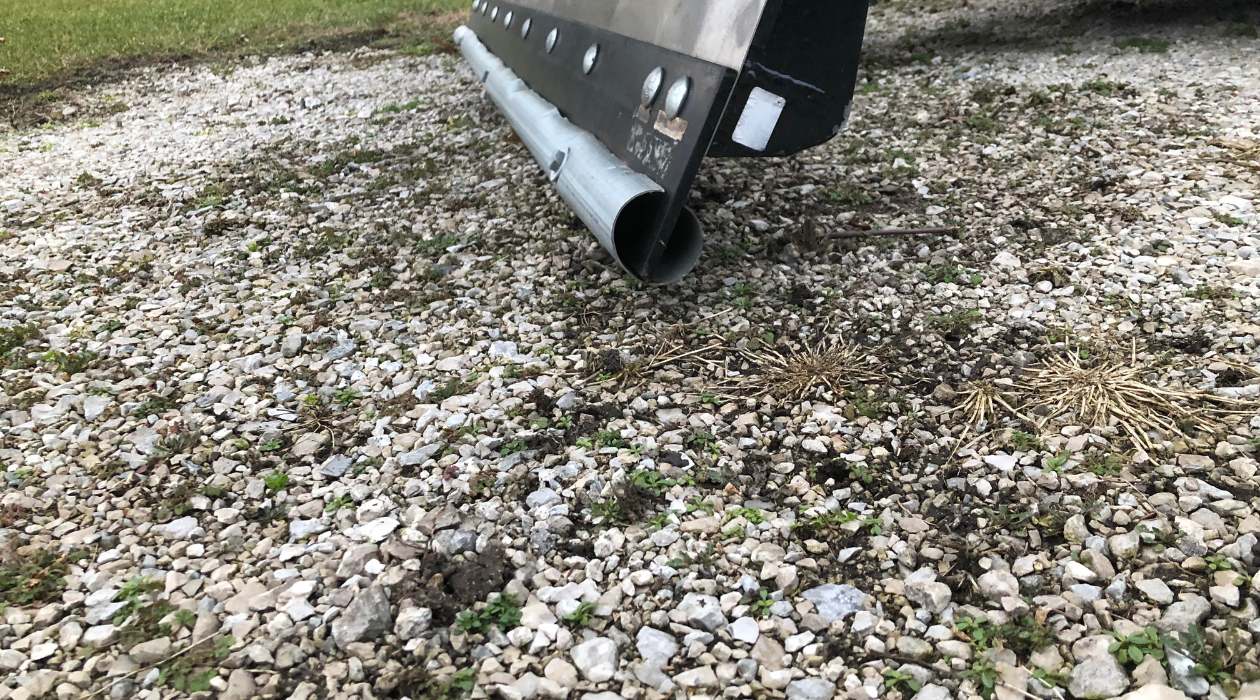
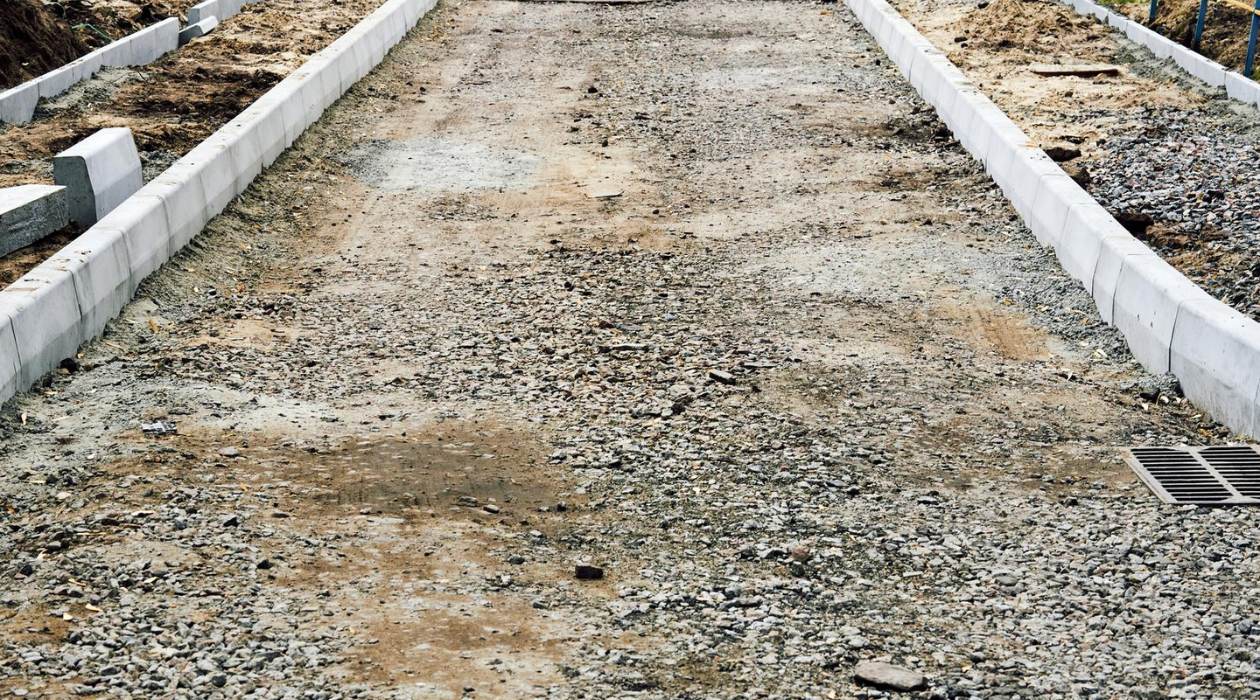
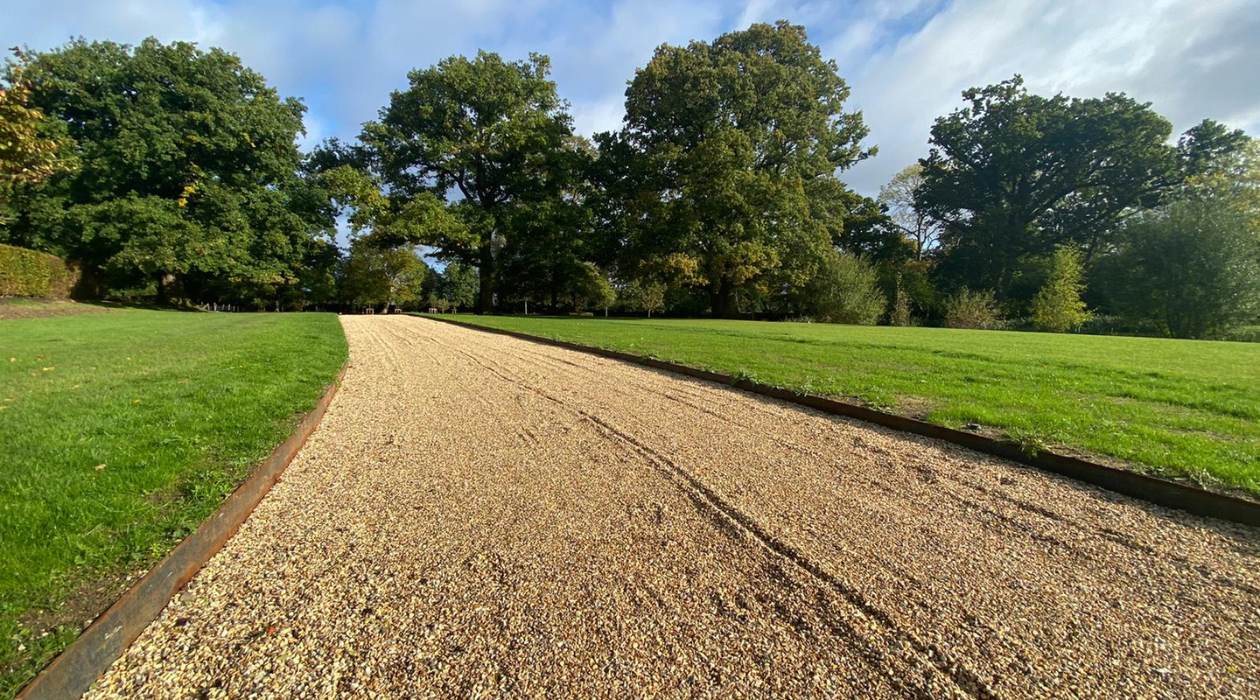
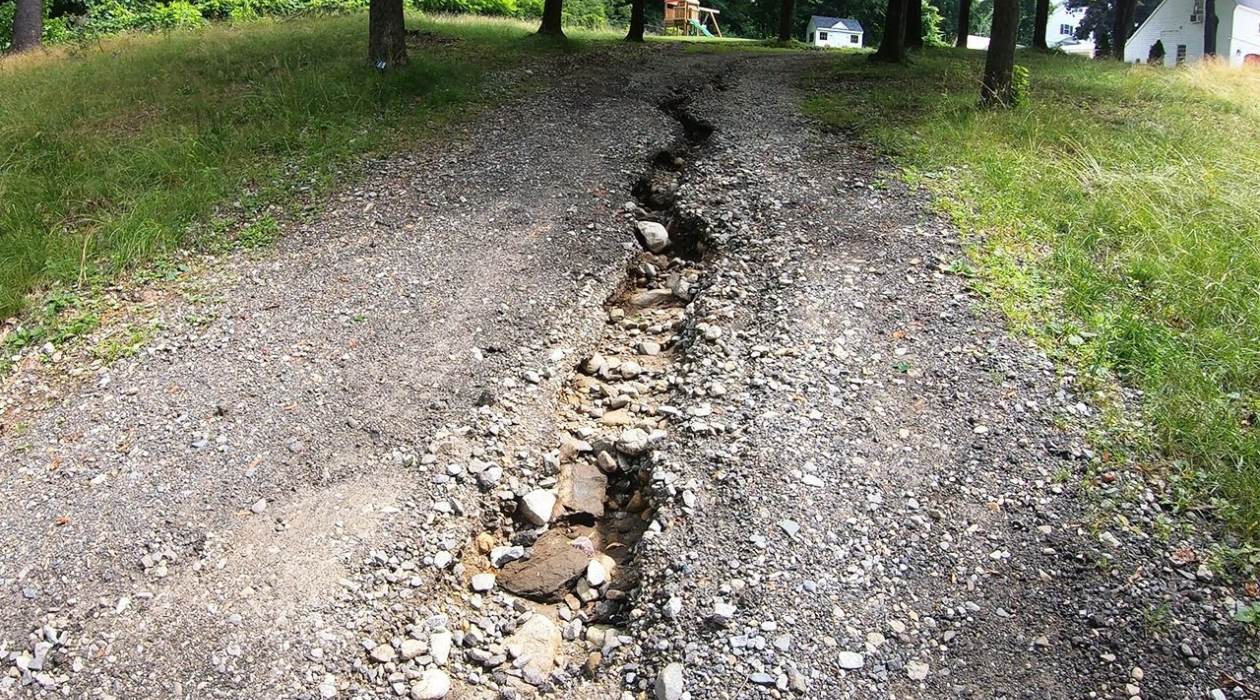
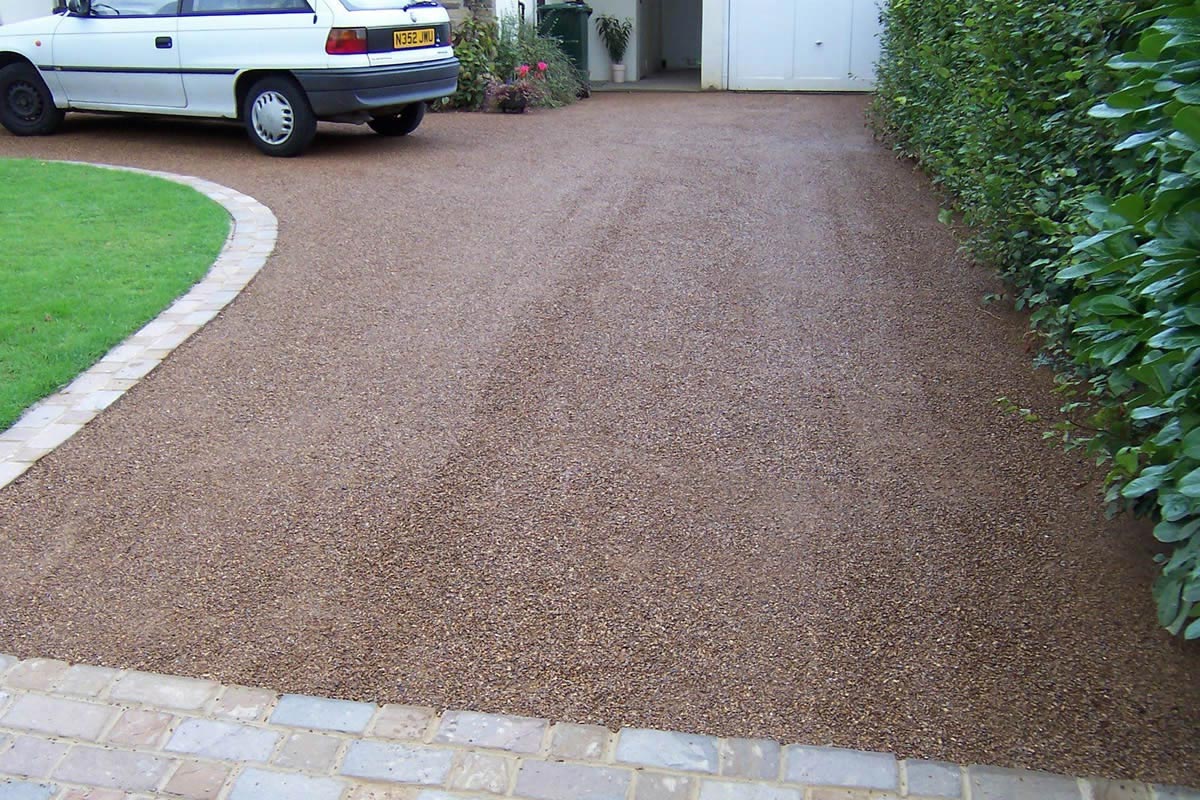

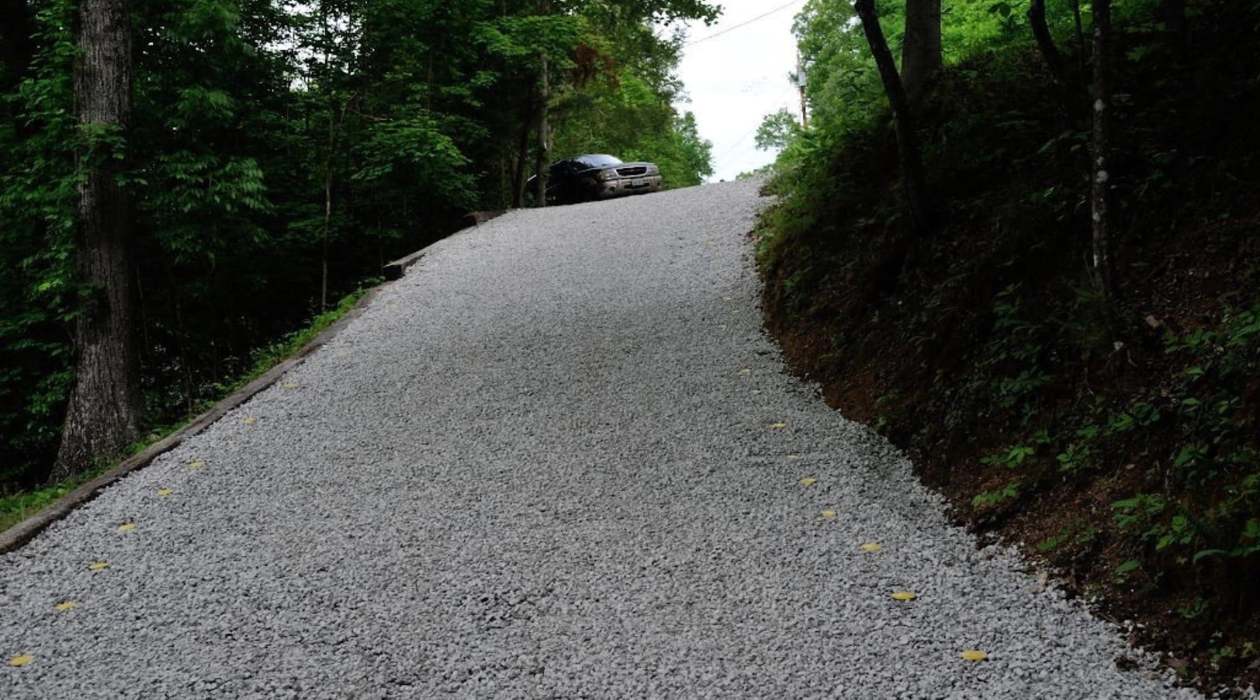
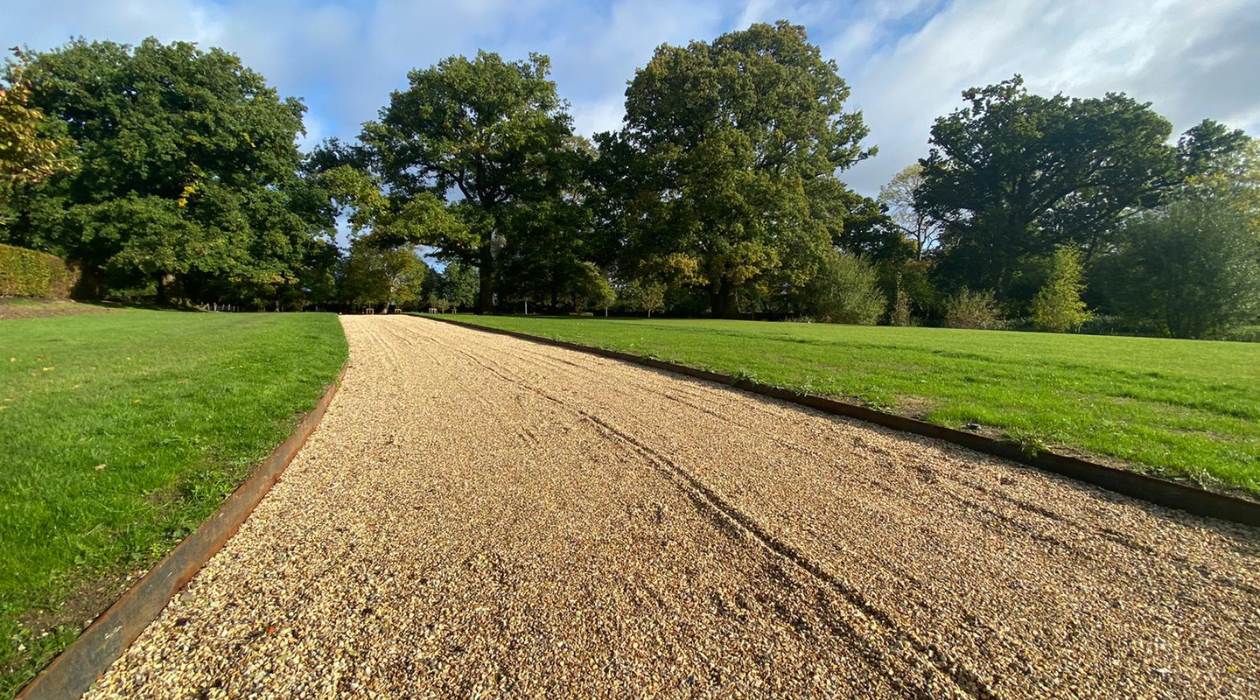
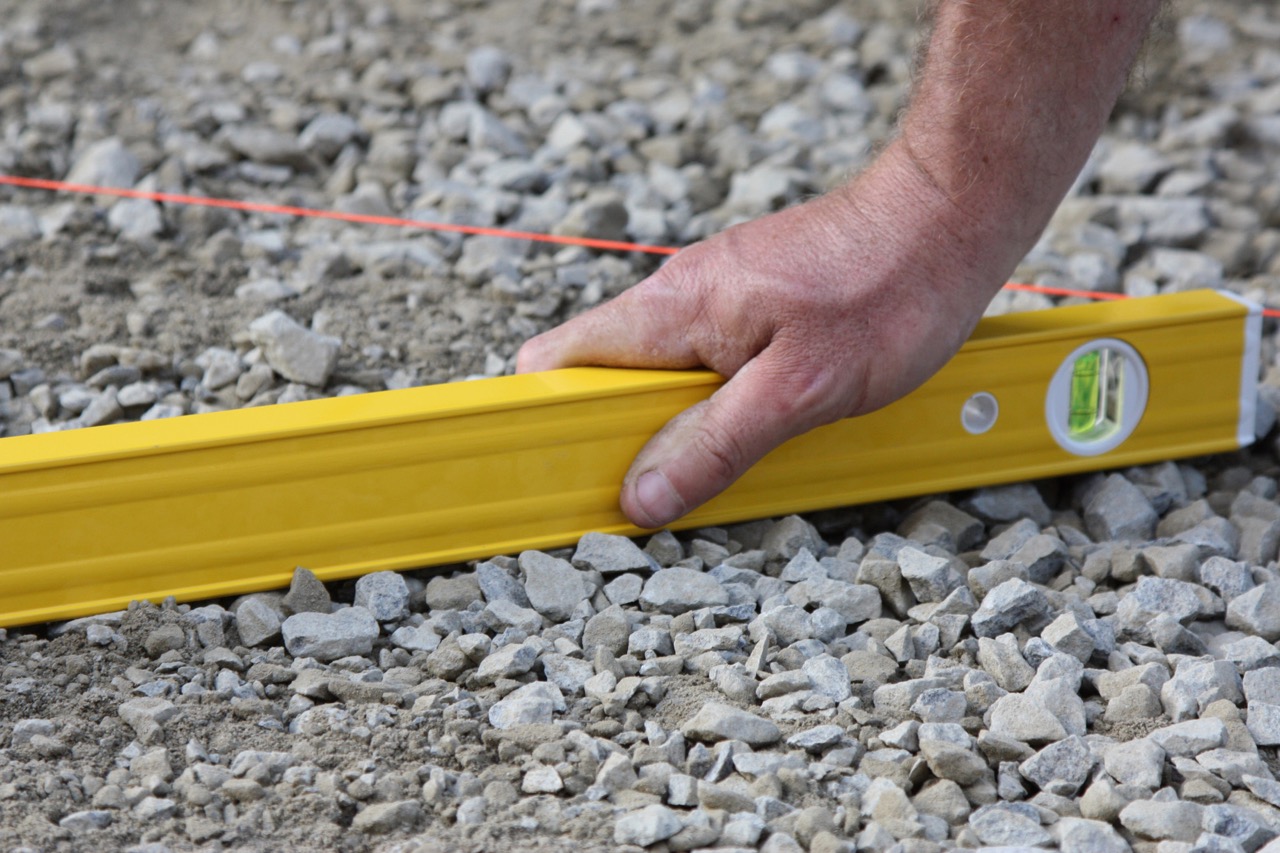
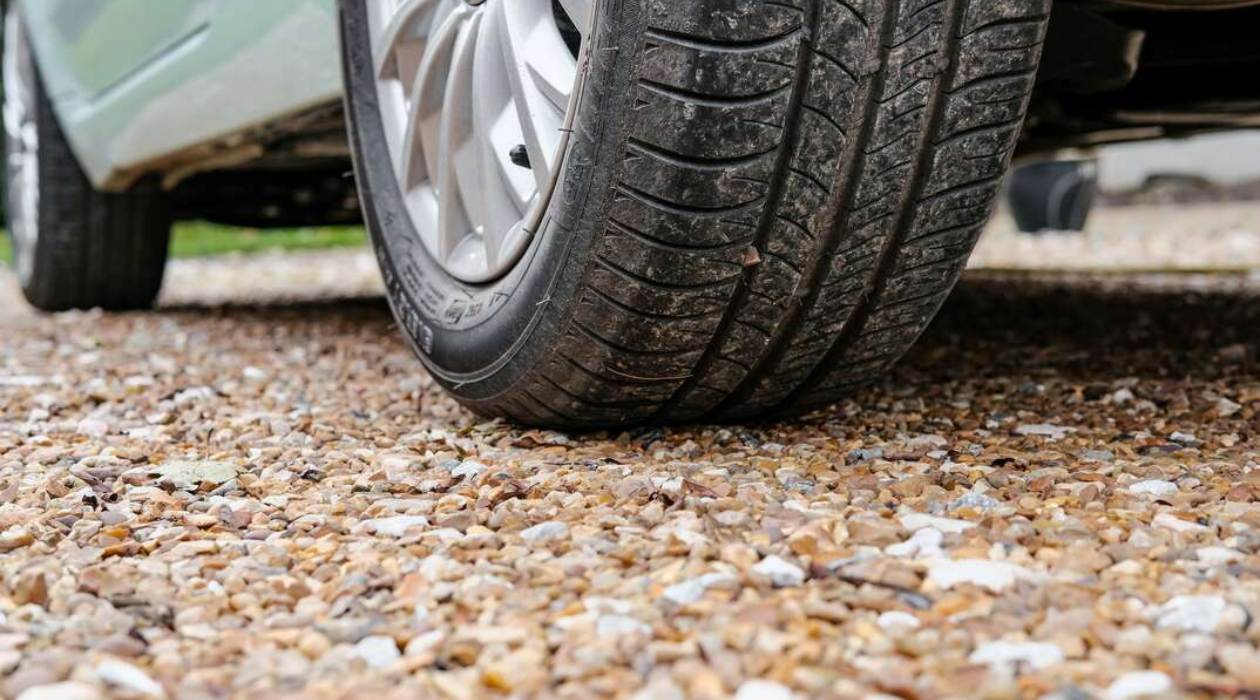
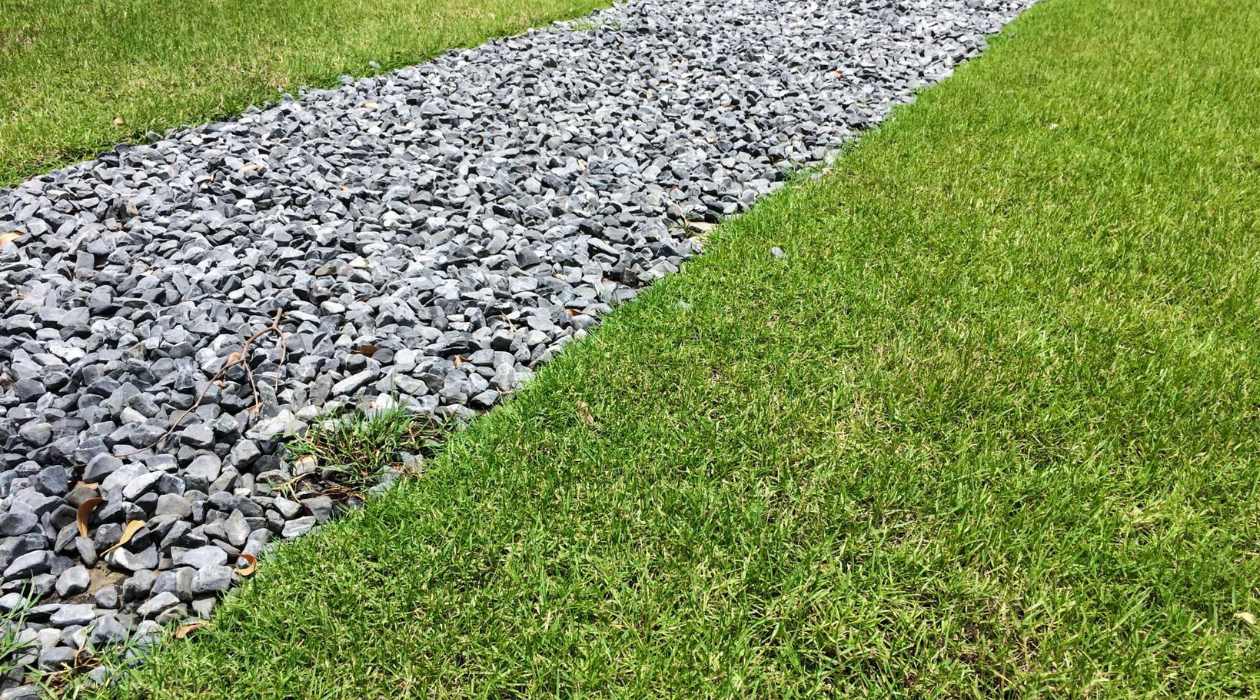

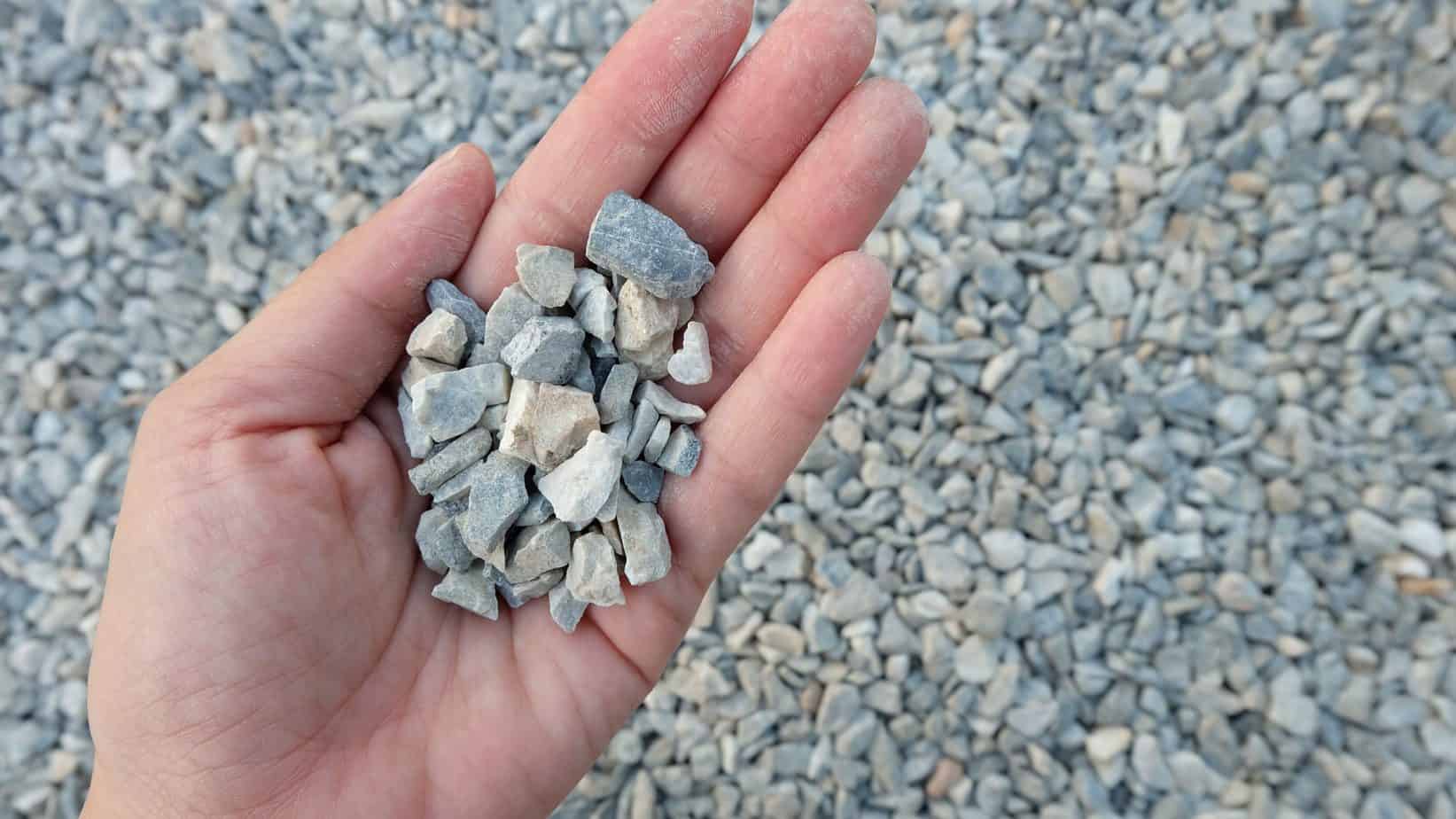
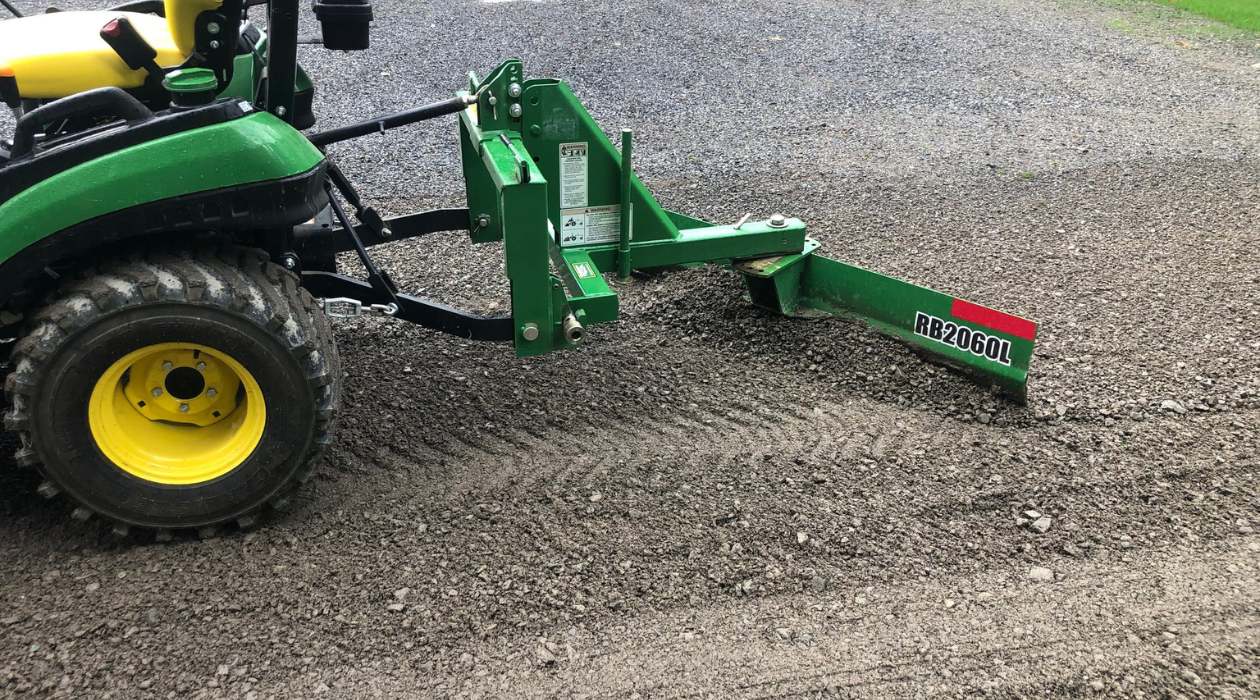

0 thoughts on “How To Buy Gravel For Driveway”